Finance & Business
Author: anonymDate: 2024-11-21 11:02:53
Nighttime Sydney rail operations are a major hurdle in ongoing labor negotiations preceding potential strike action.
Sydney trains will grind to a halt from Friday to Sunday this week.
Sydney's weekend train service disruptions stem from a matter easily addressed in other global metropolises. The NSW rail union insists on continuous train operation throughout Sydney from Friday to Sunday to prevent a work stoppage. The Transport Minister, Jo Haylen, countered that continuous overnight service is impractical due to maintenance needs.

“Immediate implementation is impossible,” Ms Haylen stated. “We cannot compromise rail system upkeep nor the morning and evening commutes of essential workers.” Experts concur that a round-the-clock Sydney train network would be exorbitant, demanding scheduling modifications to operations and maintenance.
Sydney's overnight trains ended 35 years ago
Sydney previously boasted a 24-hour train network until its cessation in 1989 under the Greiner Liberal administration. Geoffrey Clifton, a senior transport management lecturer at the University of Sydney, attributes this to escalating security expenditures and maintenance complexities.

“Security expenses were prohibitive; guards were needed at every station and on each train,” Dr. Clifton explained. “Overnight operations precluded overnight maintenance, necessitating extra daytime scheduling.” Information regarding public transit services during the Sydney rail suspension Trains were replaced by an overnight NightRide bus service, running midnight to 4:30 am, which remains in operation. Dr. Clifton noted that Transport for NSW utilizes overnight hours for train, track, and station maintenance. “Currently, we forgo 24-hour train services because nighttime is dedicated to tasks infeasible during operational hours,” he stated. He described the existing night bus service as “highly successful” over its 35-year run.
Other global cities have night trains
Melbourne introduced 24-hour weekend train services in 2016, enjoying significant ridership primarily from tourists, night-life patrons, and shift workers. Daniel Bowen, a spokesperson for the Public Transport Users Association, highlighted the hourly service's reassurance for late-night travelers.
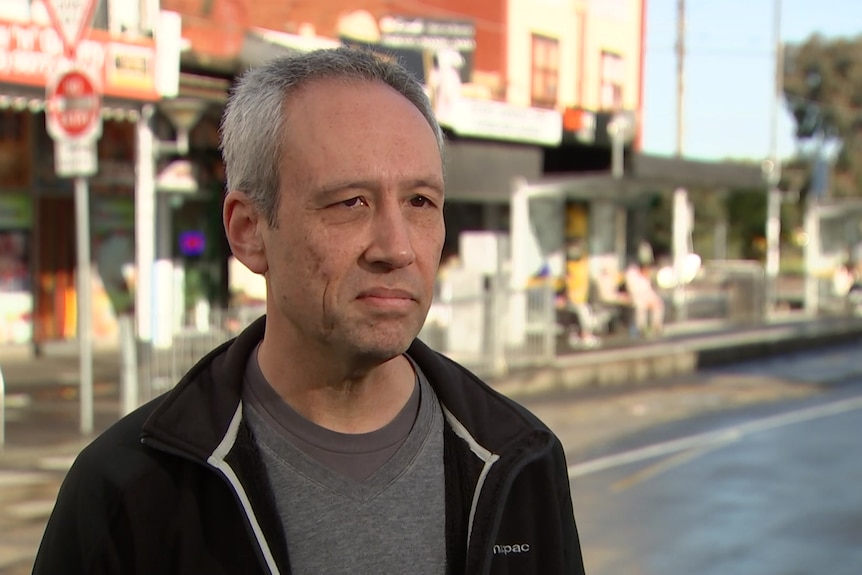
Mr. Bowen noted that the service encompasses all lines except Melbourne's southeastern Stony Point line. “[The trains] replaced an all-night bus service from the 1990s,” Mr. Bowen said. “Buses followed routes diverging from daytime trains, causing unfamiliarity. Using the same service after midnight is incredibly convenient. That makes a significant difference.” The London Underground provides a NightTube service on Fridays and Saturdays on select lines. Transport for London reports that this overnight service reduces travel times for some Londoners by an average of 20 minutes, and sometimes exceeding an hour.
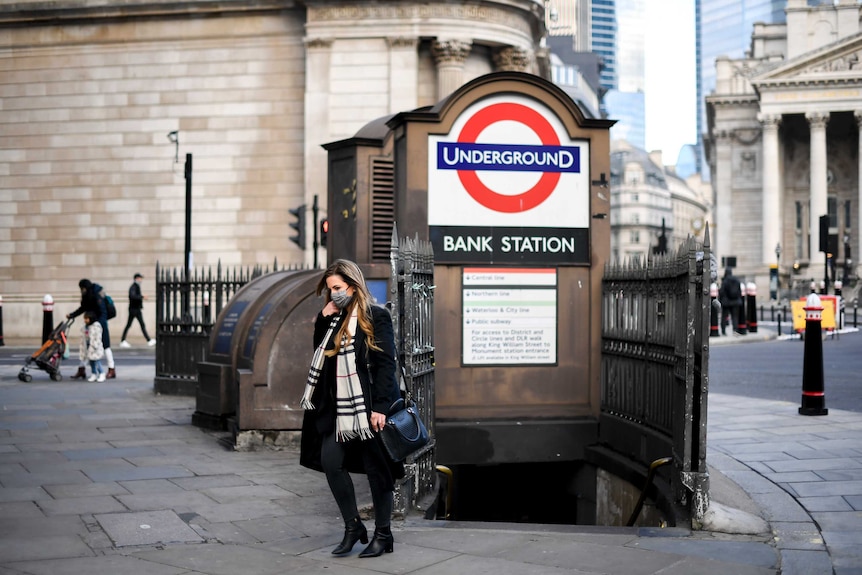
New York maintains a limited late-night service from midnight to 6 am. Mr. Bowen advocates for similar Australian city initiatives, referencing Melbourne's success. “Australian cities are increasingly around-the-clock. The notion of everyone being home by midnight is obsolete,” he stated. “Many people are out past midnight, not just on weekends, but on weekdays too.”
'You simply can't flick a switch'
Implementing overnight services in Sydney's current train schedule would be challenging, according to Dr. Clifton. He points out that Sydney's 150-year-old train network demands continuous upkeep, as some sections date back to the 1800s.
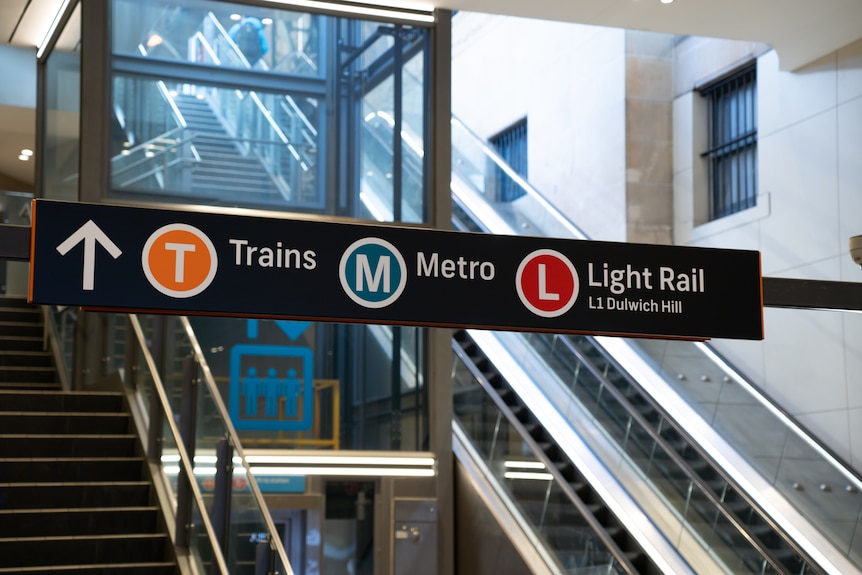
Dr. Clifton emphasized that an overnight train service necessitates additional personnel, security, funding, and a revised schedule. “Simply activating 24-hour train service for a city like Sydney is not feasible,” he explained.
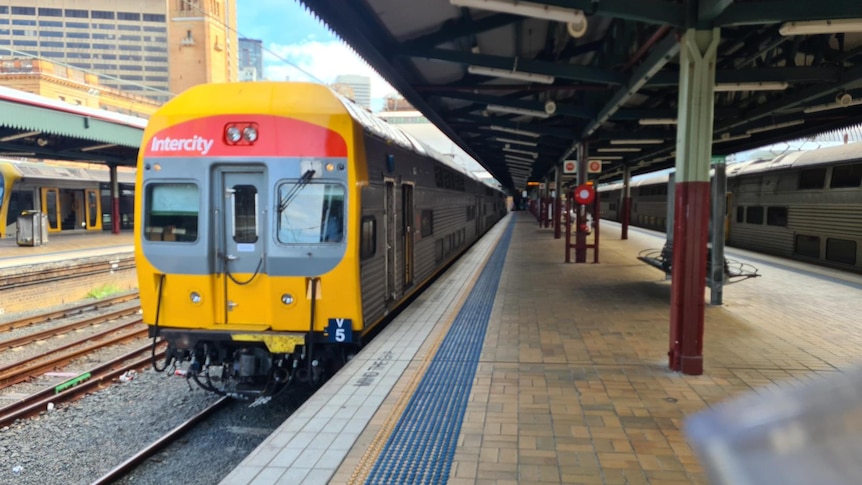
“Re-evaluating maintenance needs is extensive, and much of this would have been planned months beforehand.” Dr. Clifton highlighted that introducing overnight services would demand a complete Sydney Trains timetable overhaul and additional budget considerations. “The core question is cost-benefit analysis, determining ridership to justify the expense,” he said. “The impact of 24-hour operations on maintenance must be assessed, as maintenance windows would shift from seven to five nights a week.”
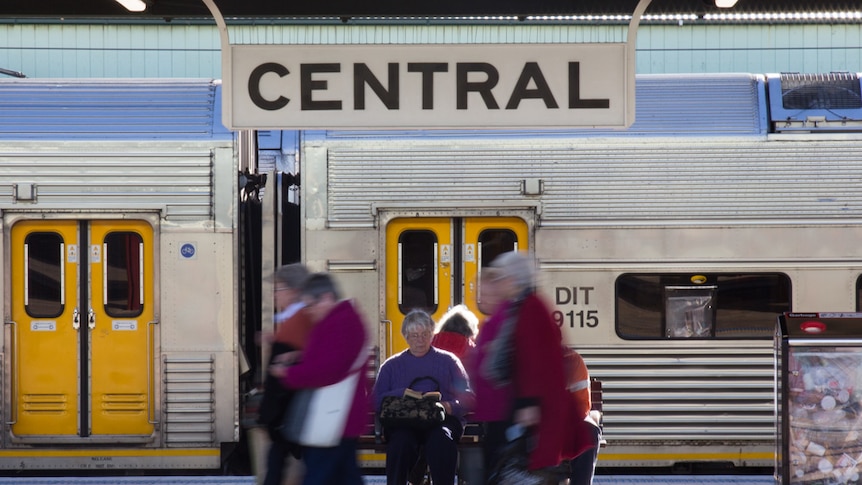
Nevertheless, Dr. Clifton suggests exploring weekend overnight service reintroduction. He believes that overnight services could invigorate the city's nighttime economy, simplify late-night travel for essential workers, and foster a “24-hour economy”. “Overnight train services, particularly on weekends, would offer benefits, making late-night commutes safer and easier,” he stated. “People would have greater confidence in late-night transit, accelerating their journeys home.”